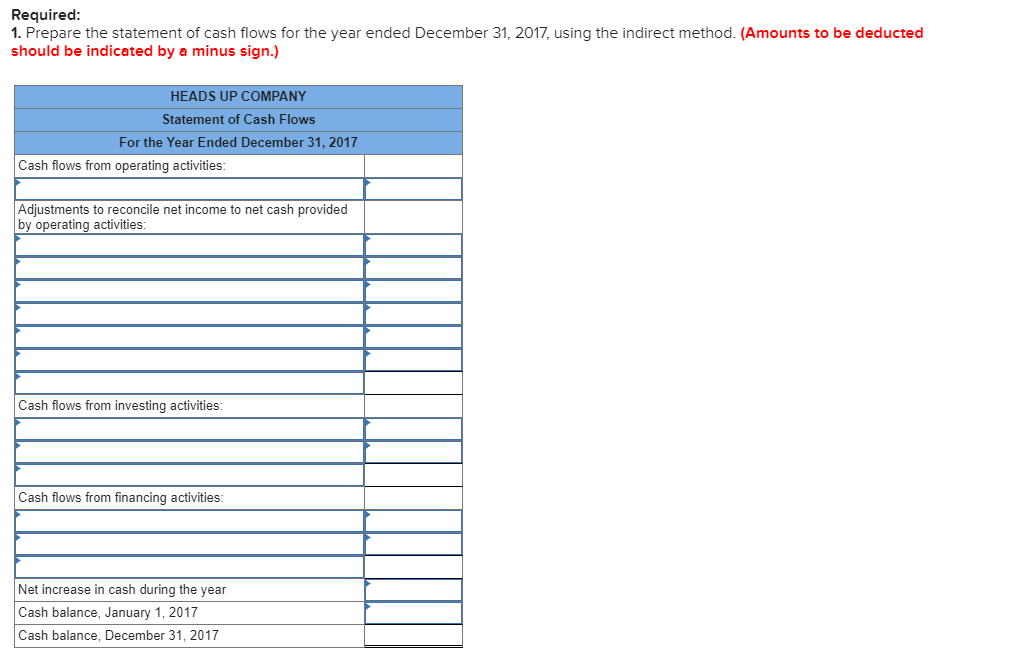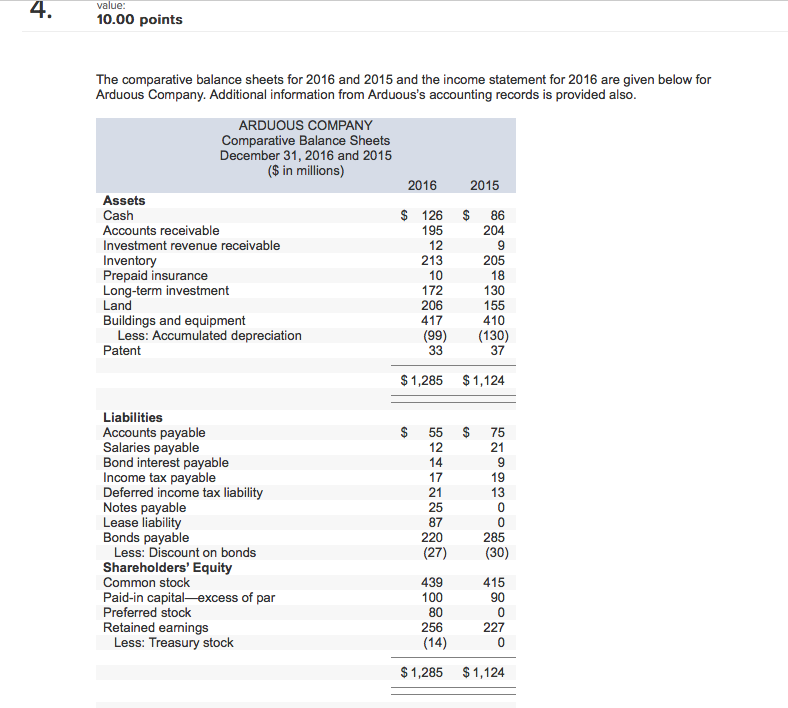

When it comes to your cash flow, accrued expenses are adjusted and recognized on the balance sheet at the end of the accounting period. Therefore, it’s something that must be carefully tracked to ensure a company’s balance sheet and financial reports are accurate.

In the accounts payable accrual process, accrued expenses are charges you are obligated to pay in the future for goods and/or services already rendered. In bookkeeping, accrued expenses are considered to be current liabilities because they are usually due within a year of the transaction. These can seriously affect your financial position and create confusing cash flow statements. What are Accrued Expenses ?Īccrued expenses (also called accrued liabilities) are liabilities that have built up over time and are now due to be paid. As the company makes the $200 cash payment, a $200 credit is added to the checking account and a $200 debit is recorded in the accounts payable column. Now, if anyone looks at the books in the AP category, they will see the total amount a company owes its vendors on a short-term basis. It then documents a $200 debit from the expense account linked to office supplies. The accrued expenses from the employee services in December will have to go on the following year and reporting period.īy contrast, if a company receives a $200 invoice for operating expenses, it records a $200 credit in the accounts payable field of the ledger. So, people that worked all of June, will be paid on July 1st.Īt the end of the year, on December 31st, if the income statement only recognizes salary payments that have been made, the entire month of labor from December is omitted. This is for services staff has rendered for the entire 30 days prior. If you are looking at both systems in a real-life scenario, consider a business that pays salaried employees on the first day of the following month. Example of Accounts Payable vs Accrued Expenses On the other hand, accounts payable is the amounts owed by a company to its suppliers for goods or services that have been received, but not yet paid for. However, there are some differences between the two.Īccrued expenses are expenditures that have occurred, but have not yet been paid for. Accounts PayableĪccrued expenses and accounts payable are both types of liabilities that a company incurs during the normal course of business. This involves closely tracking accumulated payments, either as accrued expenses or accounts payable. This is where the accrual basis of accounting comes in. Whether this transaction has occurred in the past, or is set to happen in the near future, everything must be documented. Key Differences Between Accounts Payable and Accrued LiabilitiesĪs a business matures, it begins to accumulate expenses that must be recorded and tracked.Example of Accounts Payable vs Accrued Expenses.The FinTalk Blog Strategy and trends in payments.


Global Partner Payments Scalable mass payout solutions for the gig, ad tech, sharing, and marketplace economies.Procurement Complete control and visibility over corporate spend.Accounts Payable Automation End-to-end, global payables solution designed for growing companies.


 0 kommentar(er)
0 kommentar(er)
